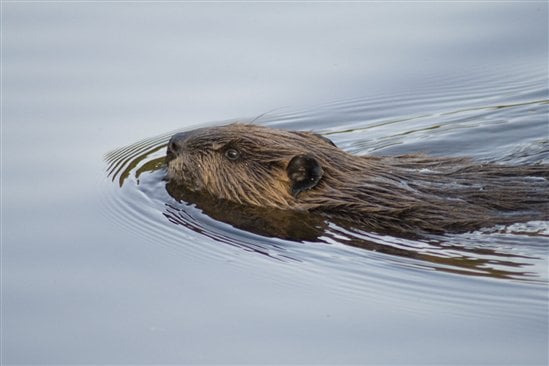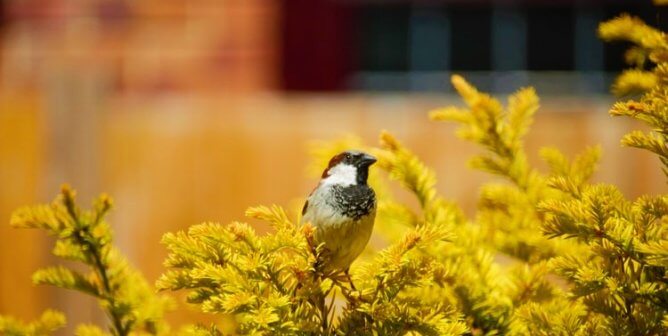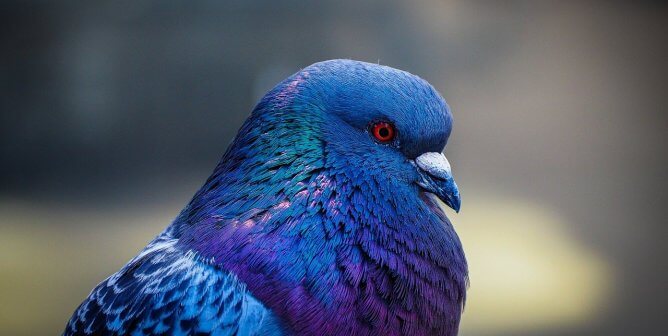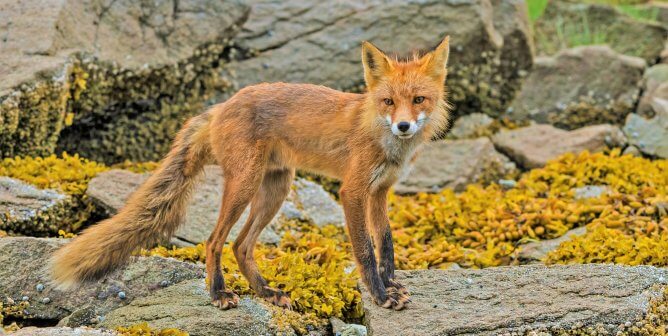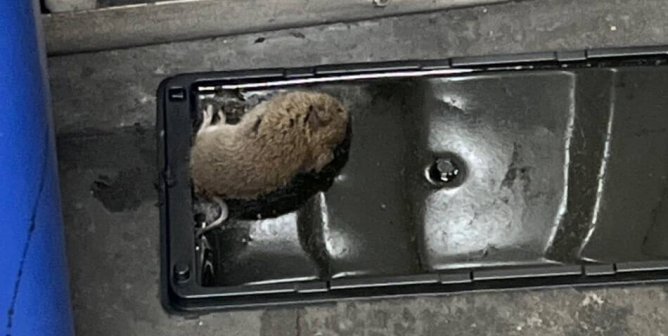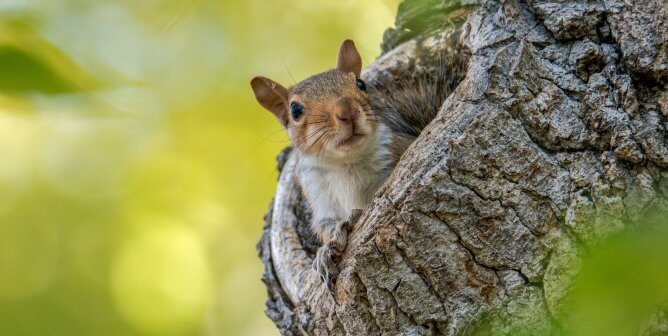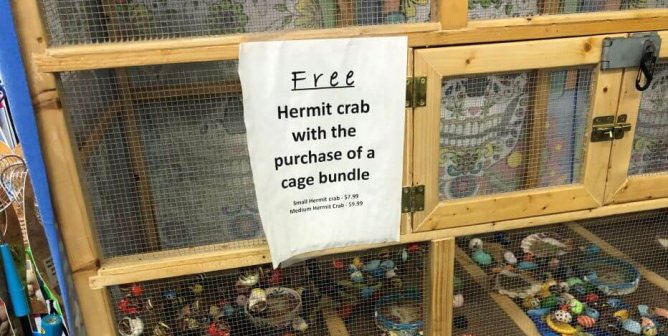More Info on Wildlife
Perhaps the greatest challenge that we face in fighting cruelty is changing the way that humans view animals. Each year, millions of animals are killed because they are considered pests. Beavers, bats, geese, deer, pigeons, mice, raccoons, snakes, and squirrels are among those animals who most often suffer horrific deaths because some consider them a nuisance, but the list also includes bears, coyotes, ducks, foxes, mountain lions, prairie dogs, rabbits, and even wolves.
Because of rapid urban and rural development and agricultural land use in the U.S., wild animals are forced to live in closer proximity to humans. Although they prefer natural, undisturbed areas, evicted and homeless wild animals have no choice but to seek food and shelter in buildings, parks, and even downtown areas. When they do, homeowners, communities, municipalities, and state agencies often hire nuisance-wildlife control operators (e.g., trappers, exterminators, pest-removal companies) or the U.S. Department of Agriculture Wildlife Services to use cruel, archaic methods that rely on inhumane tools such as steel-jaw traps and poisons to resolve perceived conflicts with these animals.
Ducks and geese are shot, gassed, and even bludgeoned to death with baseball bats. Beavers are caught and drowned in body-gripping traps or are sealed up alive in their own homes. Squirrels, birds, mice, rats, and other small animals are ensnared by sticky traps and suffer when skin, fur, and feathers are ripped from their bodies as they struggle to free themselves from the powerful adhesive. Animals of all kinds are often discarded with the traps and left to die from stress, injuries, self-mutilation, dehydration, or starvation.
Not only are these methods cruel, they are also largely ineffective because, without modifying areas to exclude newcomers, more animals simply move in to replace those who were killed, resulting in a perpetual, vicious kill cycle.
Ending such cruelty is a challenge, and PETA regularly collaborates with citizens, homeowners, businesses, and municipalities to develop humane, effective programs to resolve conflicts between humans and wildlife.
PETA also fights tirelessly to ensure that crimes against wild animals are taken seriously and that perpetrators are charged and prosecuted to the fullest extent of the law. Because of PETA’s hard work and persistence, more people are turning to humane alternatives to so-called “pest” control, which means that countless animals have been and will be saved from this often overlooked and underreported cruelty.
Visit PETA’s Action Center to learn about ways that you can help animals today.

